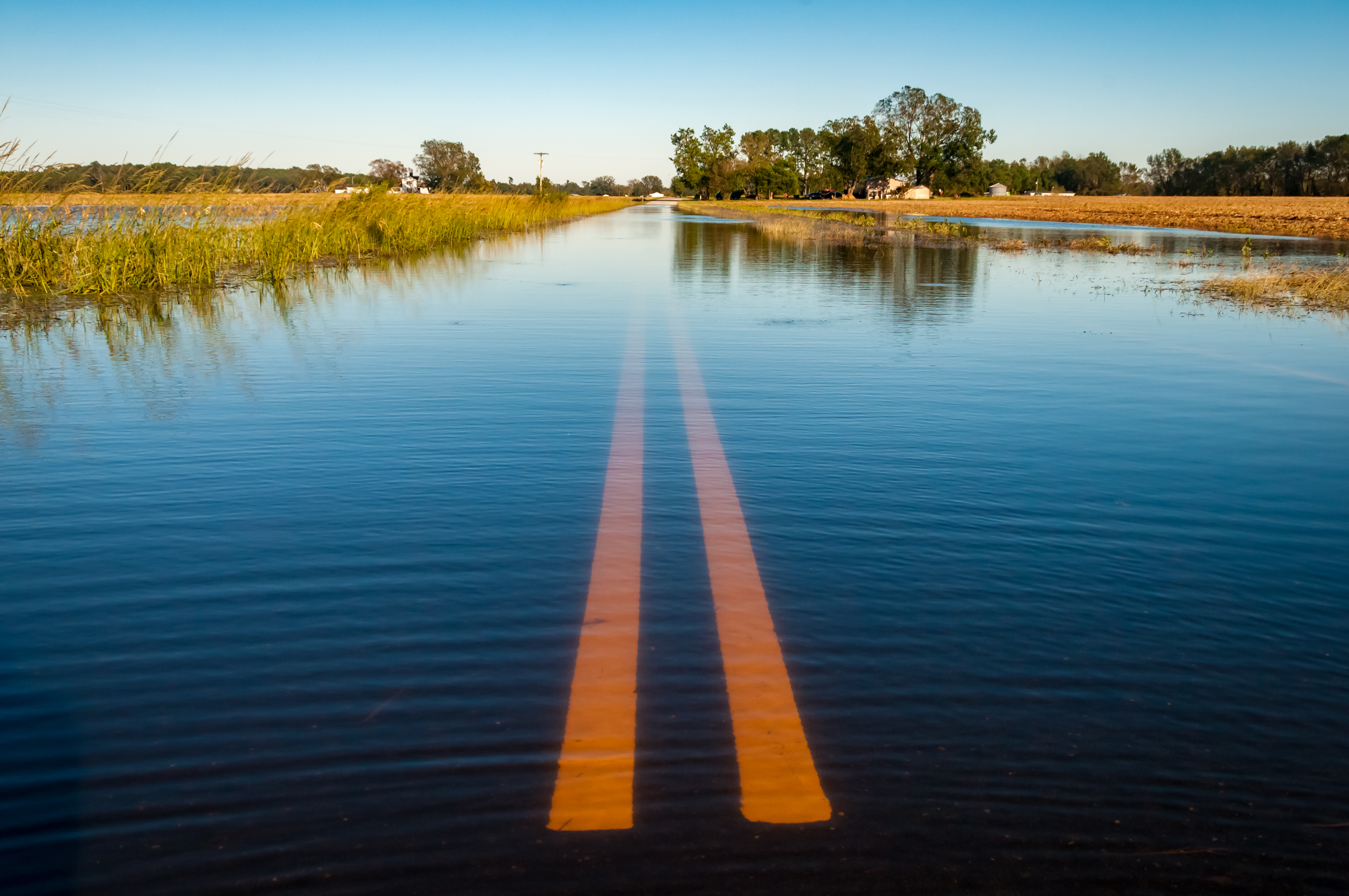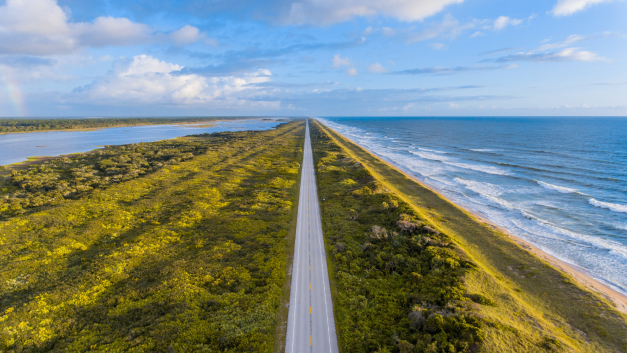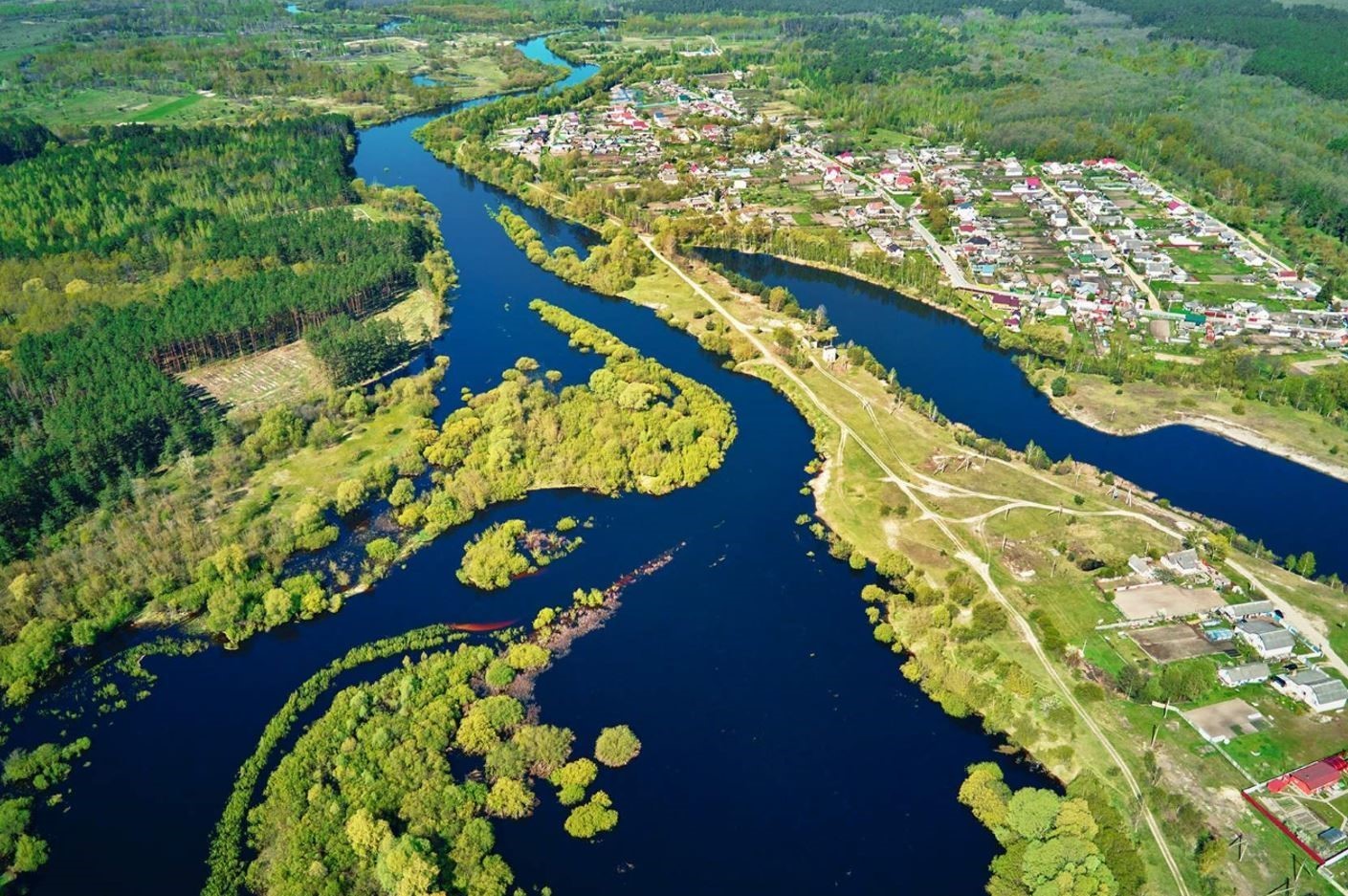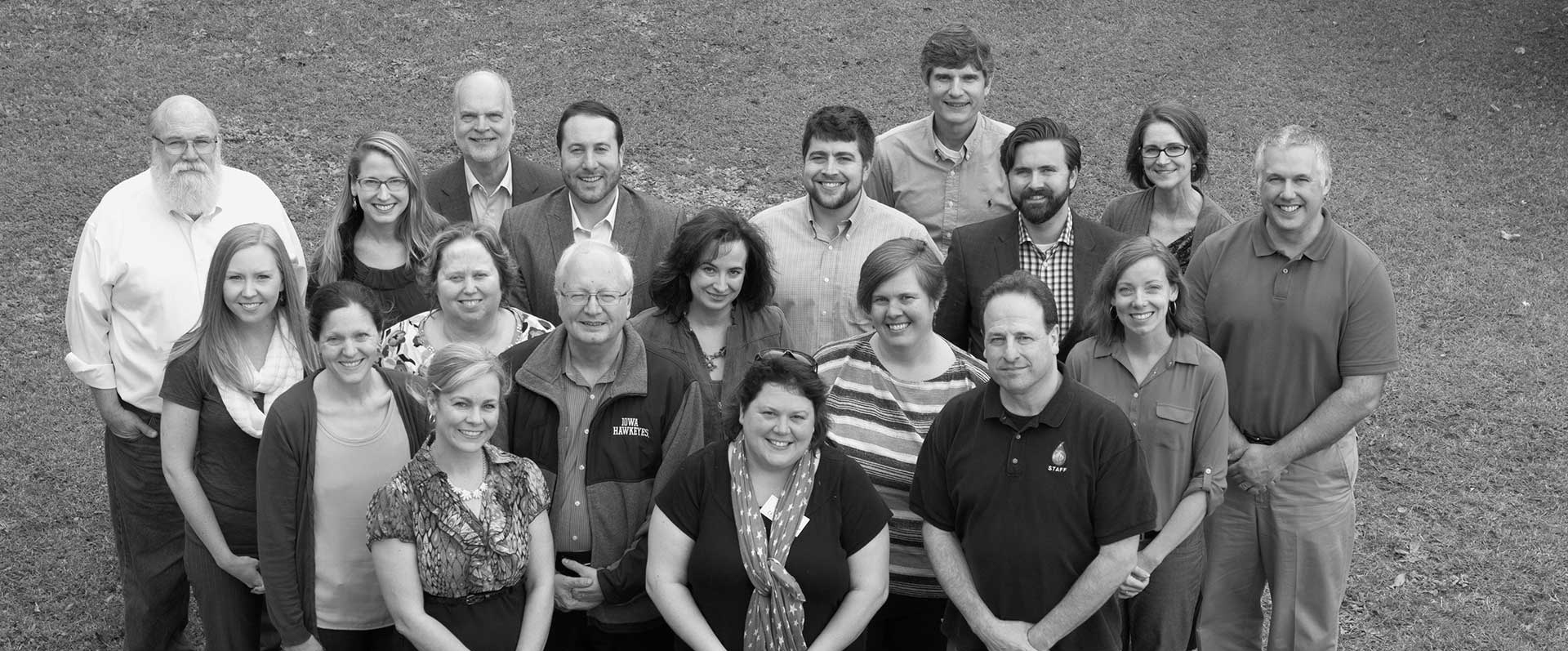Digital Coast Connects is a partner-led effort to bring together local networks in a meaningful way to improve their effectiveness in addressing coastal issues. With available funding, NOAA supports on-the-ground projects focused on flood resilience.
Completed Projects
-
Engagement Strategy Development to Support the Scuppernong Study in North Carolina

The North Carolina Coastal Reserve and National Estuarine Research Reserve led the development of a collaborative engagement strategy. Through a series of community listening events, this effort—funded by the National Estuarine Research Reserve Association— incorporated local flooding knowledge from rural coastal communities into regional water management planning.
Learn More -
Empowering Communities through Knowledge Exchange, Narrative, and Tools in Rural Virginia

With funding from the National Estuarine Research Reserve Association, the Chesapeake Bay–Virginia Reserve hosted regional workshops with local residents to discuss hazards and risks to generate community-led solutions to coastal inundation impacts in Virginia’s Middle Peninsula.
Learn More -
A Comprehensive, Coordinated Educational Campaign for Nature-Based Solutions

Developed by the American Planning Association, this report includes an inventory of Digital Coast partnership educational programs, related stakeholder feedback, and recommendations for the educational campaign.
Learn More -
Identifying Open Space to Improve Resilience and Earn Community Rating System Credit

The Nature Conservancy and NOAA provided technical assistance to communities in the Gulf of America to identify eligible open space within the floodplain to enhance resilience and lower insurance premiums. These communities were incorporated into the Conservancy’s web-based visualization tool— Community Rating System Explorer.
Learn More -
Delaware’s Resilience Hub
With support from the Coastal States Organization, the Delaware Resilience Hub hosted disaster preparedness trainings, distributed resilience kits with important emergency supplies, and provided shelter services for community members during a disaster.
Learn More -
Wisconsin’s East River Collaborative
Led by The Nature Conservancy in partnership with Wisconsin's Coastal Management Program, this community of practice comprises local, state, and federal staff, nongovernmental organizations, and academic partners who have worked regionally to improve flood resilience, water quality, and community well-being in the East River watershed. This project supported information- and technology-sharing workshops in the watershed.
Learn More
Current Funded Projects
-
Development of the Coastal No Adverse Impact How-to Guide
The Association of State Floodplain Managers will update the former Coastal No Adverse Impact Handbook and develop training opportunities in collaboration with other Digital Coast partners.
